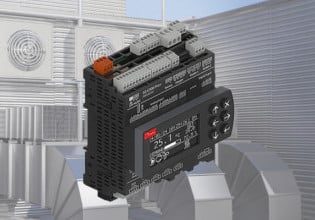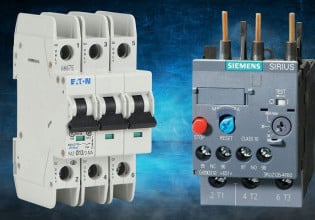Dear All,
We have noticed problem with Moog servo valve once it cleaned with thinner.
Background:
In the pass two major inspection we had problem with startup, Speed /stop ratio valve (SRV) was hunting and impact on load. It was rectified after replaced Moog valve with new one. Earlier it was working normal. We did nothing except servo filter replacement and cleaning with thinner.
Is it good practice to clean Moog valve with thinner or what is your opinion for Moog servo valve service?
take care
G.Rajesh
We have noticed problem with Moog servo valve once it cleaned with thinner.
Background:
In the pass two major inspection we had problem with startup, Speed /stop ratio valve (SRV) was hunting and impact on load. It was rectified after replaced Moog valve with new one. Earlier it was working normal. We did nothing except servo filter replacement and cleaning with thinner.
Is it good practice to clean Moog valve with thinner or what is your opinion for Moog servo valve service?
take care
G.Rajesh






